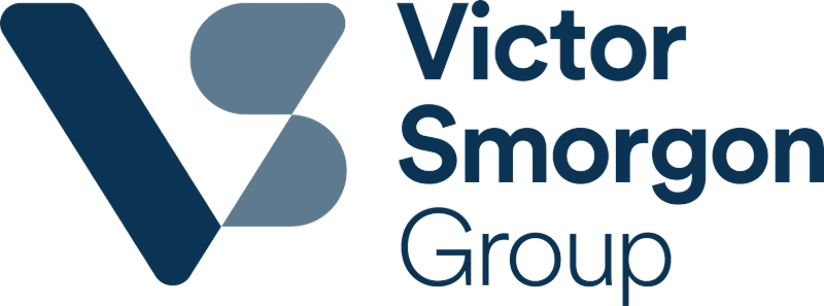Turning tariffs and protectionism into buying opportunities
This interview was filmed Wednesday, 13 August 2025
Markets in 2025 have been anything but predictable. Tariffs, protectionist policies, and ballooning government debt have all tested investors’ conviction.
For most fund managers, these sorts of shocks lead to reactive portfolio changes. For Victor Smorgon Group, however, the response is very different.
Its approach is to return to first principles, re-underwrite its thematic frameworks, and treat volatility as an opportunity rather than a threat.
As Joseph Sitch, Co-CIO of Equities at Victor Smorgon Group, explained in our conversation:
“So rising debt levels and, importantly, the ability for governments around the world to service their debt are really important. We think that there’s a strong correlation between governments' ability to service their debt and unsustainable debt levels, and increased liquidity in the market.
So what that translates to is treasury issuance has come much shorter dated versus longer dated, and we think that actually the effect of that is quite stimulative to equities and equity prices.
The other way of looking at it is that the value of the currency is devaluing, and we think that’s what has driven the price of gold, which has compounded over 8% since 2001. So that’s really supportive of gold.”
It’s this kind of grounded, thematic lens that shapes Victor Smorgon Group’s strategy. By leaning on long-term drivers like automation, energy infrastructure, and the remaking of supply chains, Sitch and his team are able to cut through short-term noise and focus on where the world is heading.
Watch the video above for the full insights, or read a short summary below.

INTERVIEW SUMMARY
Building a thematic foundation
Victor Smorgon Group’s investment philosophy is rooted in identifying long-term themes. Sitch noted,
“The group’s always had a long-term thematic approach and the reason for that is we want to invest in where we think the world is going, not where we think the world is.”
These themes are deliberately balanced across structural growth, cyclical opportunities, and defensive exposures. By holding uncorrelated themes, the team can ride out volatility while staying aligned with long-term drivers.
The operator’s perspective
Beyond the thematic foundation, the team applies what Sitch calls the operator mindset. He explained, “What we think that allows them to do is think like owners, think like operators, and whether that’s approaching mine sites, thinking about competitive advantages in supply chain… asking companies questions how they operate.
That’s appreciated by companies that we speak to, and I think that we get good access and good engagement based on being long, long-term holders, but also asking operational questions rather than merely financial questions.”
This operational focus shapes not just what they invest in, but how they engage with management teams.
Macro shocks as buying opportunities
Sitch was clear that volatility is inevitable, but it doesn’t have to derail strategy. When tariffs struck earlier in the year, the team leaned on their thematic framework.
“If we’re invested in gold, we’re invested in gold due to unsustainable debt levels… when tariffs occur, we can go back to that framework and those three key reasons are maintained,” he said.
Rather than selling, the team added to positions as valuations were hit. “Gold miners fell 6% in a week despite the fact that the gold price rose and electrical infrastructure companies fell in excess of 15%… that provided buying opportunities.”
Debt, protectionism, and inflationary forces
Two macro forces stood out for Sitch: debt and protectionism.
On debt, he argued that shorter-dated treasury issuance is “quite stimulative to equities and equity prices,” while also driving demand for gold.
On protectionism, he sees both opportunity and risk.
“As countries are reassuring their supply chains, they’re using the opportunity to implement and install a number of automated technologies as part of their supply chain because they don’t have the competitive pricing in terms of labour.
We are seeing that rebuilding the supply chain is expensive and we think that’s an inflationary force as well.”
Portfolio discipline and near-term outlook
Victor Smorgon Group balances conviction with discipline.
At the stock level, limits are capped at 15% of cost, but the preference is for a handful of meaningful positions.
“We would rather have four or five names that we have conviction in somewhere between five and 10% rather than one stock at 15 and the rest at two or three,” said Sitch.
Looking forward, he highlighted electrical infrastructure as a standout theme.
“The electrical infrastructure companies and the installers of cable and wiring around the world have all just raised their guidance.
If we’re looking at a 12-month horizon, certainly electrical infrastructure is a really interesting place to be at the moment.”

3 topics
1 fund mentioned

